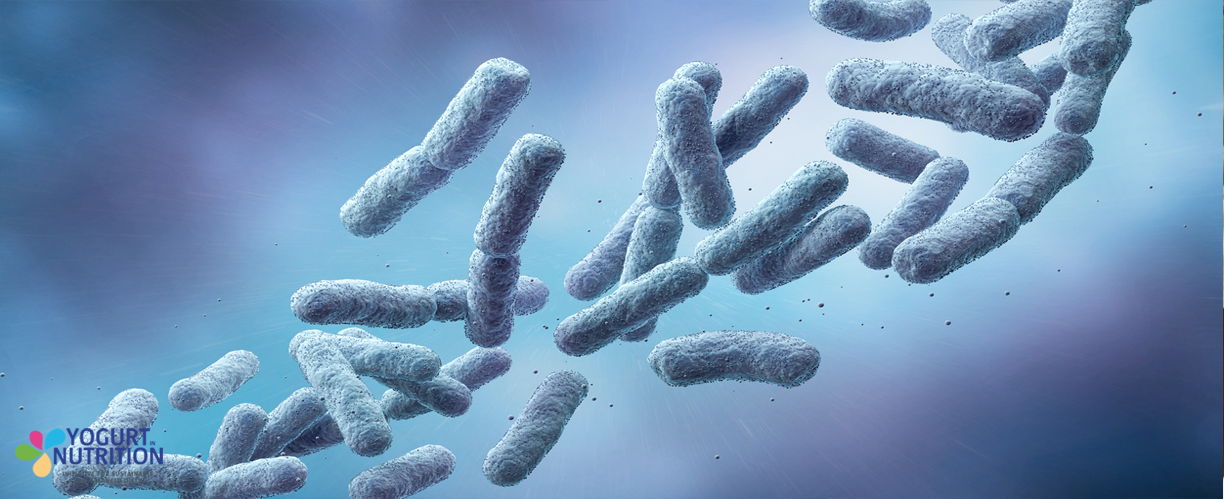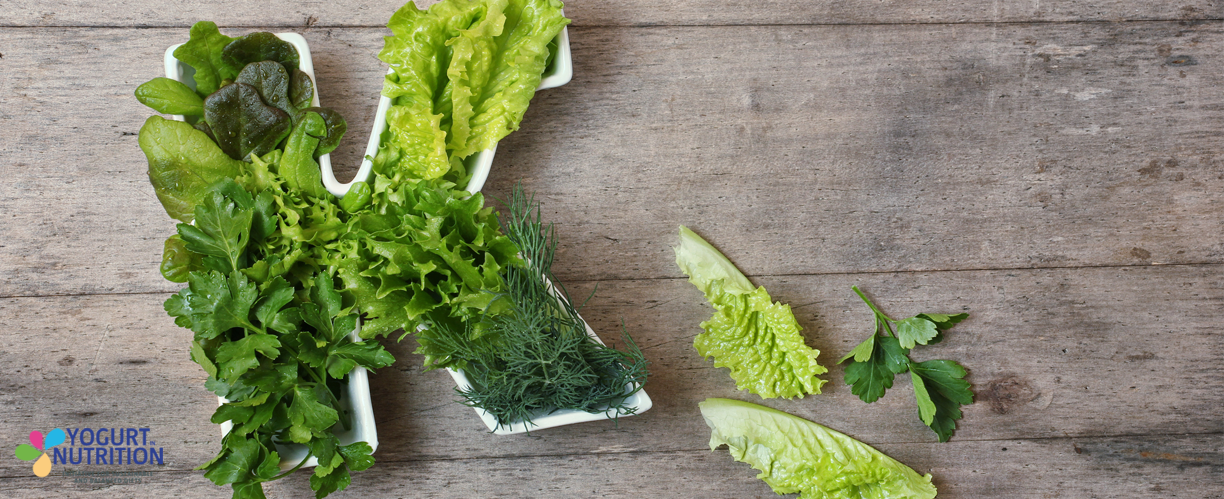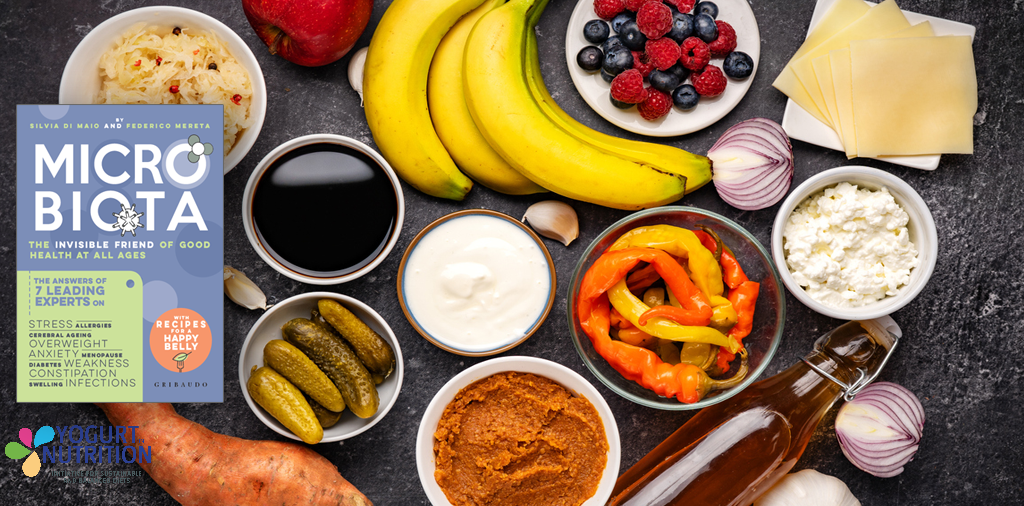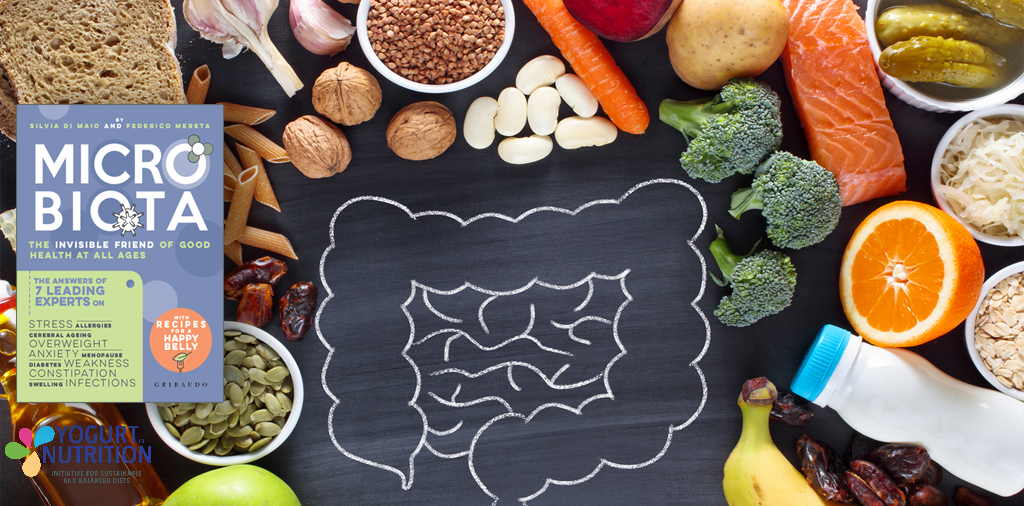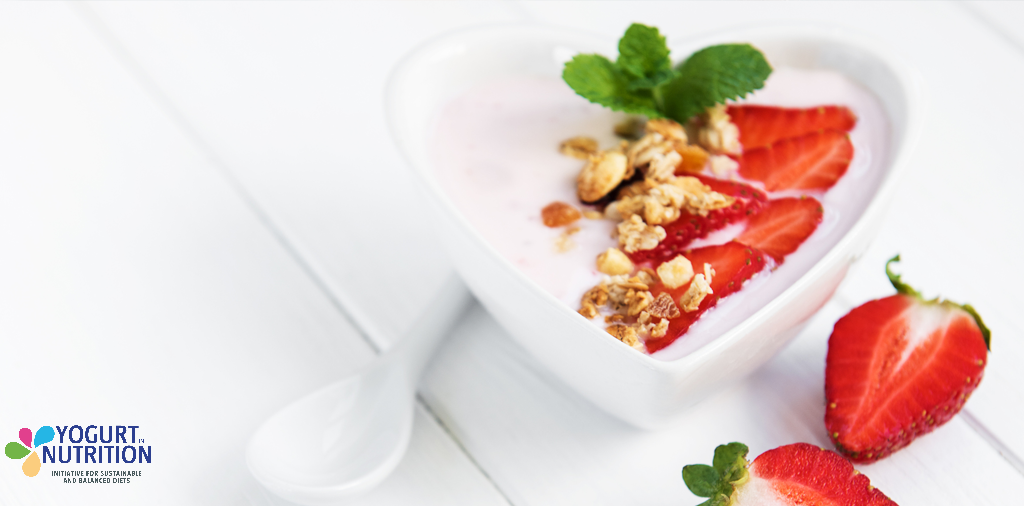Yogurt and fermented food
Fermentation benefits
Yogurt is a fermented dairy product, obtained by the fermentation of milk by specific microorganisms, through lactic acid fermentation. The live ferments are two specific micro-organisms for the yogurt: Streptococcus thermophilus and Lactobacillus delbrueckii subsp. bulgaricus. During the fermentation, the milk sugar (lactose) is first converted into glucose and galactose. These simple sugars are then converted into lactic acid. It gives some acidity which helps to coagulate the dairy proteins (caseins), producing the specific texture of yogurt and also producing compounds that give yogurt its distinctive flavor.




